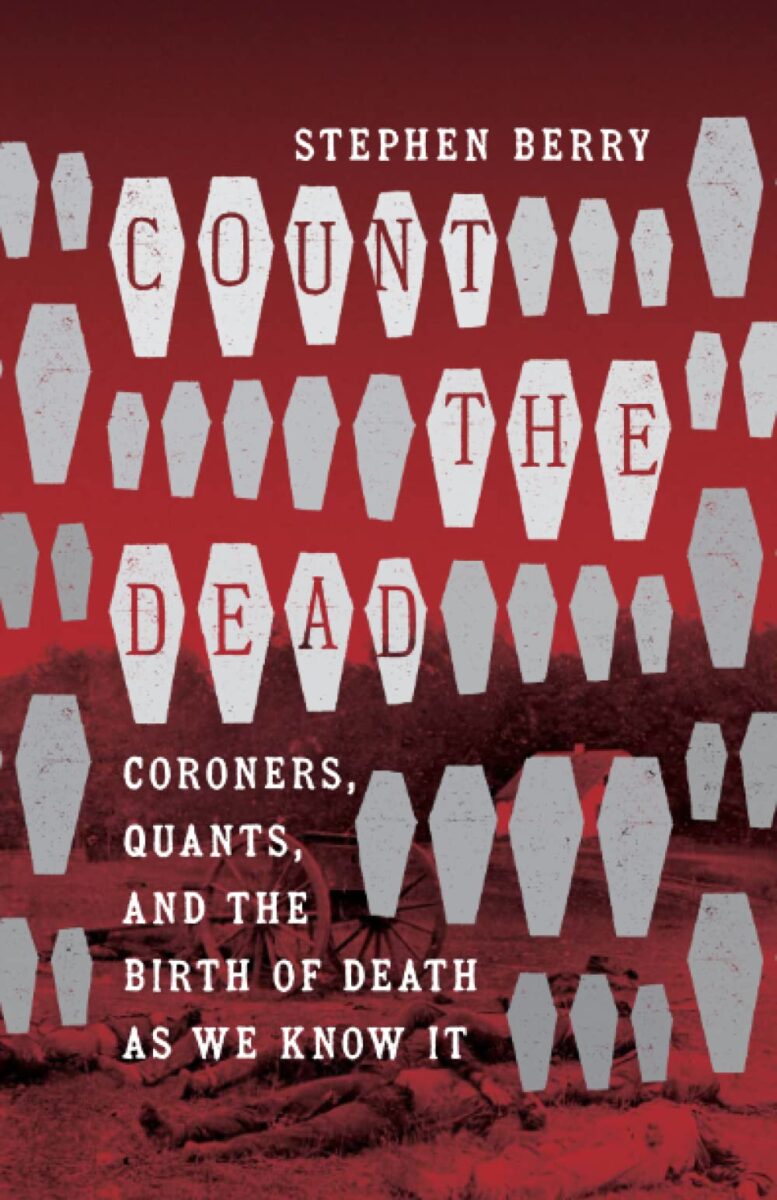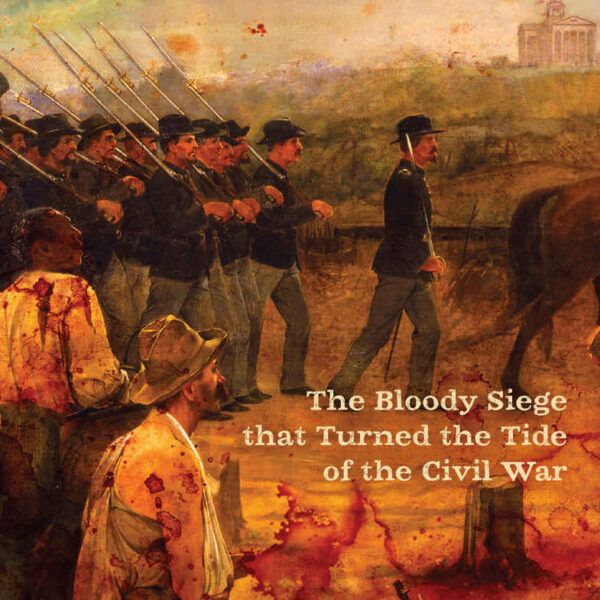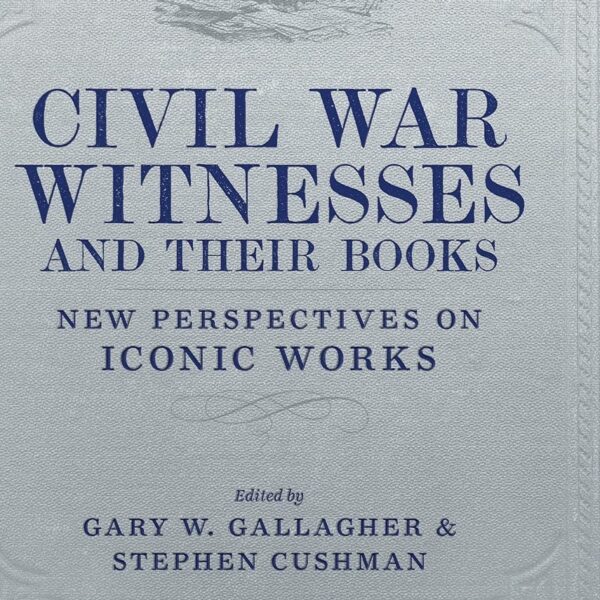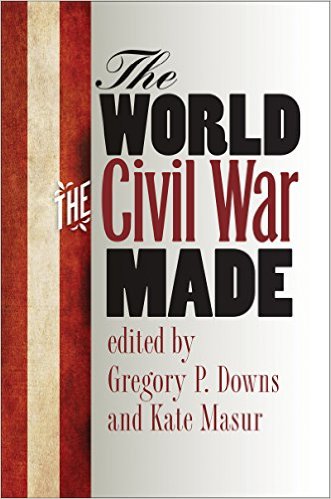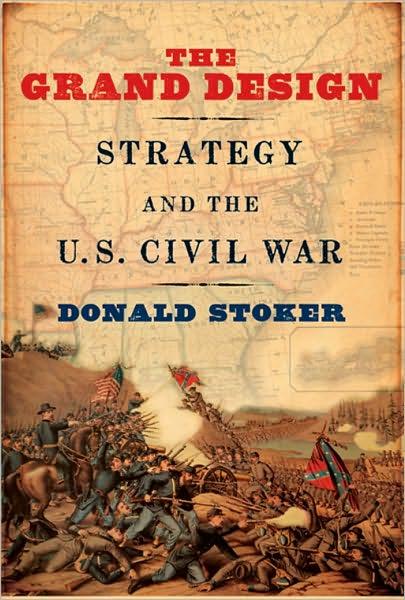This little book packs a huge punch. It makes a powerful case that the project of counting the dead—both literally and figuratively—occupies the center of the historical enterprise. Data about the dead, Berry argues, allow us to “see at scale” and therefore to unearth new conclusions about our past (xii). Data about the dead likewise provides us with a starting point to wrestle with issues of social justice.
In his first chapter, Berry resurrects Lemuel Shattuck, the “Transcendental Bureaucrat” from Massachusetts whose work lay behind the first comprehensive mortality census in America. Shattuck, Joseph C. G. Kennedy, and Louisiana’s James D. B. De Bow presided over the first attempt to understand what killed Americans—especially white ones. Southern Senators quashed the bold effort to name Black Americans as individuals in the pioneering 1850 United States Census, but the quest to quantify the causes of death continued. “Here was a scale of death never before documented so precisely; here was death aggregated and disciplined into neat little columns,” writes Berry (26). The insights gleaned from the 1850 census and its successors provided public health officials, bureaucrats, and doctors with the knowledge to double human life expectancy within the next century. The mind-numbing tedium of sheer counting and table making, Berry argues, proved to be as heroic as anything humans have ever done.
The book then narrows to take a more granular view of counting the dead in the U.S. Civil War. Berry reveals the work done by Union soldier and Andersonville survivor Dorence Atwater, who catalogued the names of every man who had perished in that prison. He hails the unsung work of Clara Barton as a tabulator of death and recognizes the Pension Division of the War Department for amassing the names of the Union war dead. He concedes that “a list can seem clerical and reductive, but a list is one of the only data forms that is both microscopic and telescopic at the same time.” (50). Naming the dead—an impulse dating back to the Athenians and present still in Maya Lin’s Vietnam War Memorial—provides a brake for those who would again speed us into war. His humane and haunting care with individual stories of dead soldiers while also seeing the “Big Data” picture is one of the book’s many virtues. But that narrative approach—the blending of the particular with the universal—is precisely what is at stake. All deaths matter, and matter ultimately.
Finally, Berry brings counting the dead to bear on the issue of racial justice in America. He leads us through a stunning treatment of the murder of the enslaved grounded in inquest records from South Carolina. He restores the 1839 publication by Theodore Dwight Weld and the Grimke sisters, of American Slavery as It Is: Testimony of a Thousand Witnesses to the place it deserves in the antislavery canon. It was “a catalog of atrocities and an American call to conscience akin to Bartolome de Las Casas’s “A Short Account of the Destruction of the Indies” (71). One of the signal contributions of Berry’s volume is its pathbreaking treatment of coroners in the Reconstruction South—local officials overlooked in our most comprehensive narratives. Black coroners proved especially essential in the naming of the victims of racial terror killings. “There is a reason the position of coroner was among the first Black Americans held in Reconstruction,” writes Berry, “and one of the last they relinquished” (79).
Count the Dead reverberates. It challenges us to step back and to see our history “at scale.” It calls out the “hidden figures” in America’s engagement with death and pleads for us to set accounts right. In an era in which counting the dead has emerged with renewed urgency, Berry’s excellent book should sting our consciences. Think, for instance, of the ongoing COVID-19 pandemic (how many people, exactly, will have died?) or the seemingly eternal narratives of the murder of Black Americans (how many people, exactly, will have died?) and the immediacy of Berry’s project becomes self-evident. Count the Dead begs us to reckon the past. Historians should answer that call. For us, there is no greater assignment or social responsibility.
Dr. Mark S. Schantz is Professor of History and Chair of the Department of History at Birmingham-Southern College.
